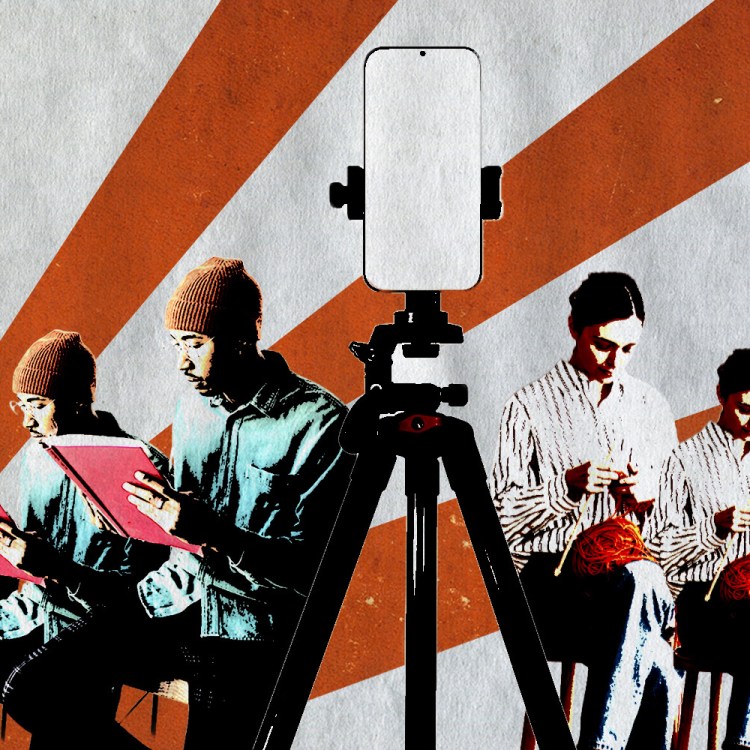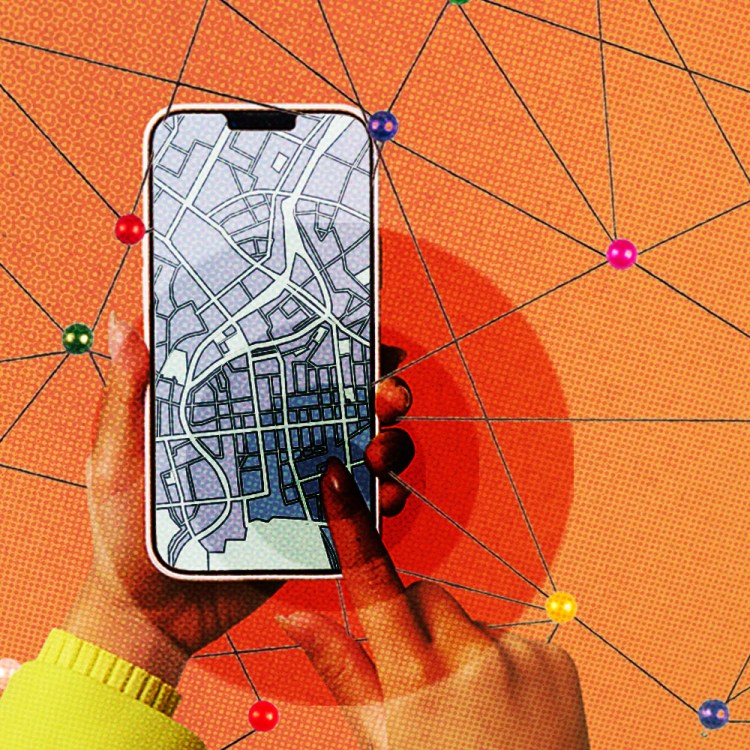A new report from the Wall Street Journal confirms what most of us already know: Instagram is hella toxic.
Based on internal research Facebook has kept secret for two years and which was recently acquired by the WSJ, the social media company is fully aware of how its photo-sharing app negatively impacts its young users’ mental health and worsens body image issues, specifically for teen girls. Here are just some of the bleak findings from Facebook’s internal research:
- “Thirty-two percent of teen girls said that when they felt bad about their bodies, Instagram made them feel worse,” said a slide from one internal presentation in 2020. “We make body image issues worse for one in three teen girls,” another slide reported in 2019.
- Teenagers reportedly blame Instagram for increases in their anxiety and depression.
- Among teens who reported suicidal thoughts, 13% of British users and 6% of American users traced those impulses back to Instagram.
- Facebook admits social comparison is much worse on Instagram compared to other social media apps, and part of that is by design. “The tendency to share only the best moments, a pressure to look perfect and an addictive product can send teens spiraling toward eating disorders, an unhealthy sense of their own bodies and depression,” wrote the WSJ citing internal reports. “It warns that the Explore page, which serves users photos and videos curated by an algorithm, can send users deep into content that can be harmful.” In the findings, Facebook stated these aspects of Instagram can “exacerbate each other to create a perfect storm.”
While the findings might not come as a shock to actual Instagram users who are familiar with how the app breeds competition and comparison, they’re still pretty damning. Especially since, as the WSJ notes, Facebook’s top executives, including CEO Mark Zuckerberg, have repeatedly downplayed the negative effects their platforms have on young people.
As recently as this past March, Zuckerberg claimed social apps have positive mental-health benefits during a congressional hearing concerning the company’s plans to create an Instagram app for children under 13 (an idea not looking too great right now.) When Sens. Richard Blumenthal and Marsha Blackburn requested the company release its internal research on the impact its apps have on youth mental health, Facebook refused.
It’s yet to be seen how Facebook responds … to information they’ve known about for two years. My guess? They just won’t. Good luck with that “Instagram for Kids” app, Zuck.
Thanks for reading InsideHook. Sign up for our daily newsletter and be in the know.

















